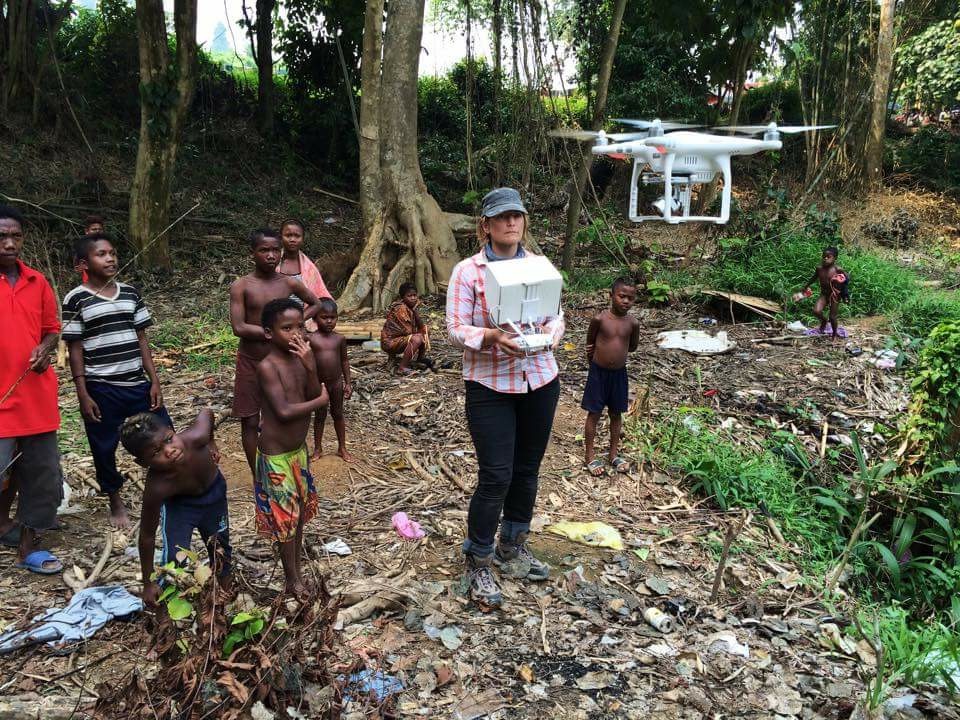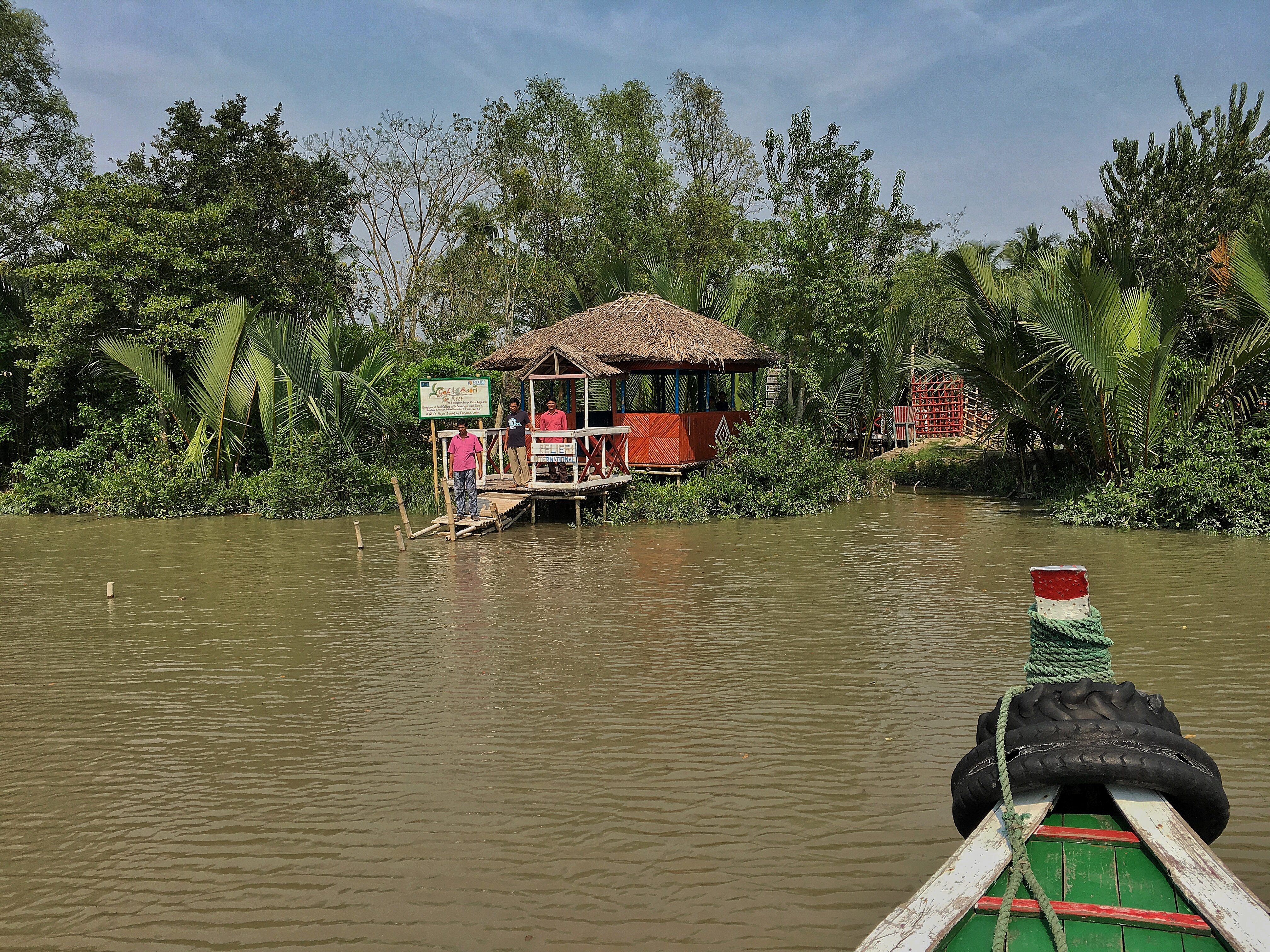At the end of 2015, I was fortunate to be able to produce a series of documentary films demonstrating the impact of the UNDP’s SWoCK Project in the Solomon Islands. Climate change and rising sea levels are having visible effects on the low lying Solomon Islands which spans a large number of islands in Oceania lying to the east of Papua New Guine and northwest of Vanuatu and covers a land area of 28,400 square kilometres.
The UNDP’s SWoCK Project, SWoCK stands for Strongem Waka lo Community of Kaikai – or Developing Resilience in Agriculture and Food Security, aims to support communities to better manage and adapt to climate change pressures and increase food security through community based adaptation.
One of the areas of the project’s focus was on Women and Climate Change Adaptation. On our visit to Tirotonna village (best known around the world by international bird watchers who come here) which was a 2 hour uphill hike but totally worth it once we reached the top, we spoke to some women who have been involved in this project and who shared their stories on camera.
By involving women, and giving them an important and clear role in the project, SWoCK will be able to strengthen ability of communities in Solomon Islands to make informed decisions and manage likely climate change driven pressures on food production and management systems, particularly as women play such a major role in food production, preparation and resourcing for families.
The SWoCK Project team were an absolute pleasure to work with and I was impressed to see their dedication to the project, as they would often work (including extensive travel across various provinces of the Solomon Islands) far in excess of ordinary working hours.
It was great to be a part of, and see, the impact that a community based project like SWoCK has had. Photo: Freda Po’oti from Tirotonna Village and women’s advocate from Tirotonna Community.

